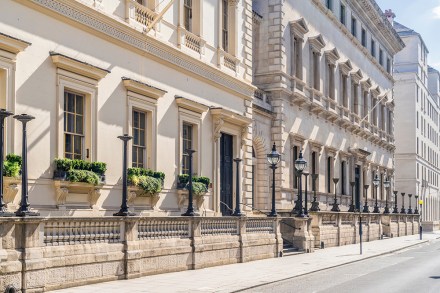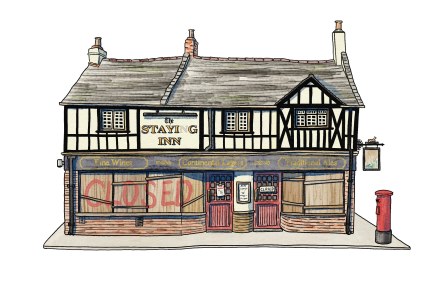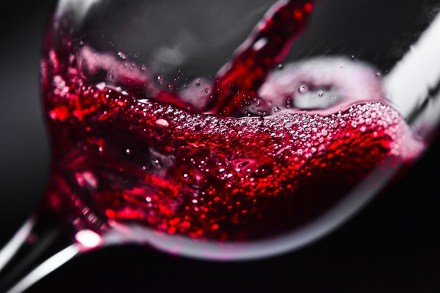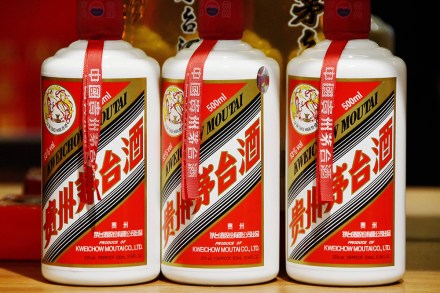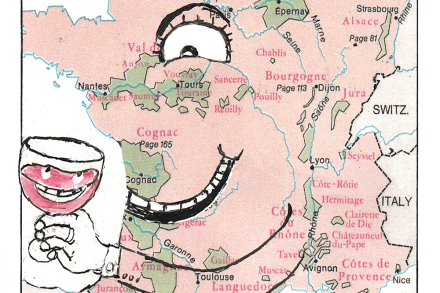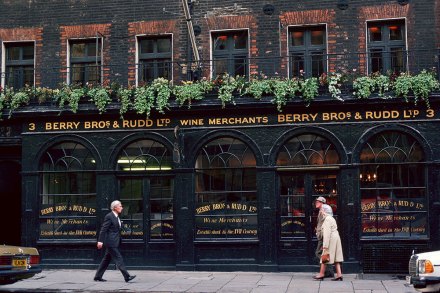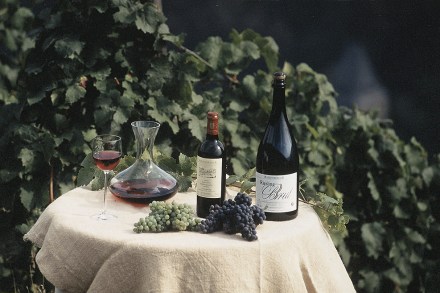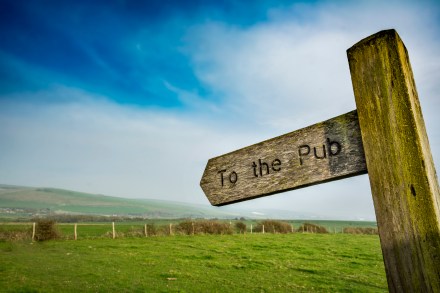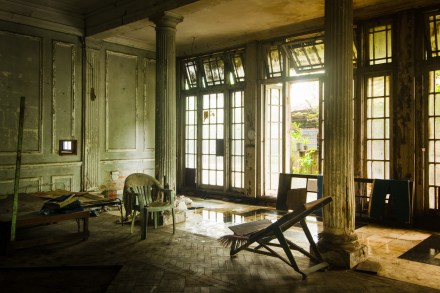To rehydrate, drink beer
‘The nuisance of the tropics is/the sheer necessity of fizz.’ Over the past few days, during which England endured sub-tropical sweltering, it was more a matter of beer. I do not wish to denigrate water, which is all very well in its place. I often drink it. But for urgent, nay life-saving, rehydration, nothing beats beer. Now that almost all beer is properly made, I just tend to order any pint that catches my eye. In recent temperatures, the eyes have been busy. As I may have written before, there is one curiosity about beer. The Belgians, Czechs and Germans – plus other European countries – produce lager-style beers that



